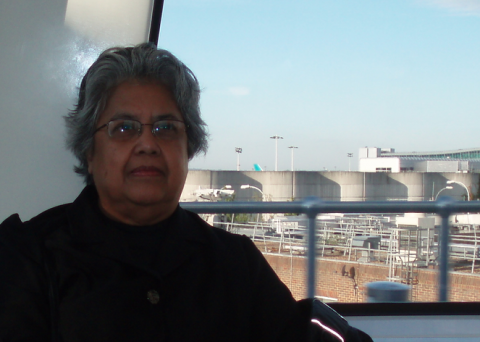Where are the words I devoured The English hoard I treasured inside this body soon to be Where are the words I devoured The English hoard I treasured inside this body soon to be ^^^^^^^^^^^^^^^^^^^^and the mind In my youth I^^^^^^^^^^^^^^^^^ the synaesthesia of life...
